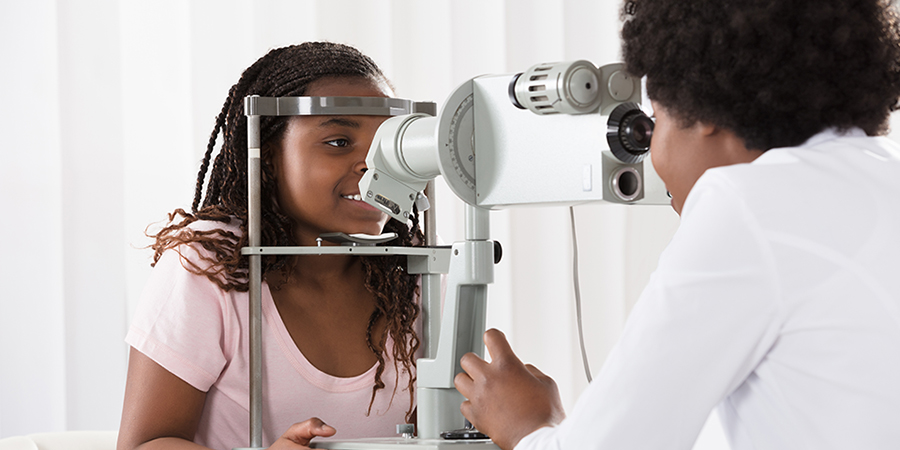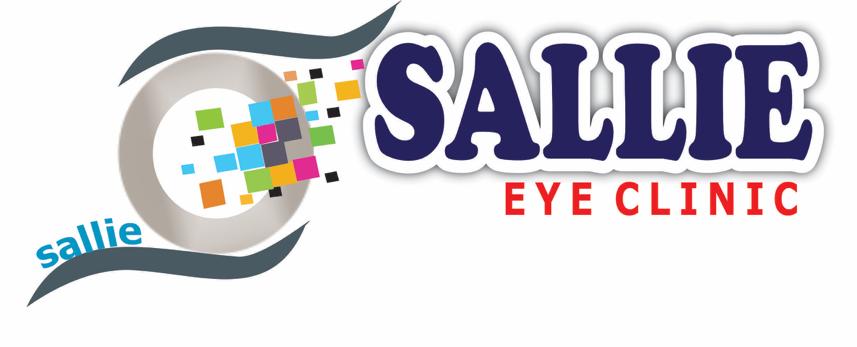
The Importance of Regular Eye Exams: How Often Should You Visit Your Optometrist?
Introduction
Regular eye exams are crucial for maintaining good vision and overall eye health. Many people overlook the importance of these routine check-ups, often waiting until they experience noticeable vision problems. However, eye exams are not just about correcting vision—they are essential for detecting and preventing serious eye conditions and other health issues. This guide will explain why regular eye exams are important and provide recommendations on how often you should visit your optometrist.
Why Are Regular Eye Exams Important?
- Early Detection of Eye Conditions: Many serious eye conditions, such as glaucoma, macular degeneration, and diabetic retinopathy, develop slowly and may not present noticeable symptoms in their early stages. Regular eye exams allow optometrists to detect these conditions before they progress, potentially saving your vision.
- Correction of Vision Problems: Vision changes can occur gradually, and you might not notice them until they significantly impact your daily activities. Regular eye exams ensure that any changes in your vision are promptly addressed with updated prescriptions for glasses or contact lenses.
- Overall Health Monitoring: Your eyes can be a window to your overall health. During an eye exam, optometrists can identify signs of systemic health issues such as diabetes, high blood pressure, and cholesterol problems. Early detection of these conditions can lead to timely treatment and better management of your health.
- Prevention of Eye Strain and Fatigue: Prolonged use of digital devices can lead to eye strain and discomfort. Regular eye exams can help manage and prevent digital eye strain by ensuring your prescription is up-to-date and providing advice on ergonomics and screen time.
- Children’s Vision Development: For children, regular eye exams are vital for detecting issues that can affect their learning and development, such as nearsightedness, farsightedness, and astigmatism. Early intervention can improve academic performance and quality of life.
How Often Should You Visit Your Optometrist?
The frequency of eye exams depends on various factors, including age, overall health, and existing vision conditions. Here’s a general guideline on how often you should schedule your eye exams:
- Children:
- Infants (6-12 months): A preliminary eye exam is recommended to check for common visual and eye health issues.
- Preschoolers (3-5 years): An eye exam is recommended to assess vision development and detect any early signs of eye problems.
- School-Age Children (6-18 years): Annual eye exams are recommended, especially if there are vision concerns or if the child has a known vision condition.
- Adults (19-64 years):
- Healthy Adults: A comprehensive eye exam every 1-2 years is typically sufficient for those with no known vision problems.
- Adults with Existing Vision Conditions: Annual eye exams are advisable for individuals with conditions such as nearsightedness, farsightedness, or astigmatism to ensure their prescriptions remain accurate.
- Seniors (65 years and older):
- Healthy Seniors: Annual eye exams are recommended to monitor for age-related conditions such as cataracts, glaucoma, and macular degeneration, which become more prevalent with age.
- Seniors with Existing Eye Conditions: More frequent visits may be necessary based on the specific eye conditions and overall health status.
- Individuals with Chronic Health Conditions:
- Diabetes or High Blood Pressure: Individuals with chronic health conditions should have annual eye exams to monitor for any related eye issues and to manage their overall health effectively.
What to Expect During an Eye Exam
- Patient History: Your optometrist will ask about your medical and family history, current symptoms, and any concerns you may have about your vision.
- Visual Acuity Test: This measures how well you can see at various distances and is typically performed using an eye chart.
- Refraction Test: This determines your precise prescription for glasses or contact lenses.
- Eye Health Evaluation: Your optometrist will use various instruments to examine the health of your eyes, including the cornea, retina, and optic nerve.
- Intraocular Pressure Measurement: This test helps detect glaucoma by measuring the pressure inside your eyes.
- Pupil Dilation: Your pupils may be dilated with eye drops to allow a more thorough examination of the internal structures of your eyes.
Conclusion
Regular eye exams are a crucial aspect of maintaining eye health and overall well-being. By adhering to the recommended schedule for eye exams based on your age, health status, and existing vision conditions, you can ensure that any potential issues are detected early and managed effectively. Don’t wait for vision problems to arise—schedule your eye exam today and take a proactive step towards preserving your vision and health.
